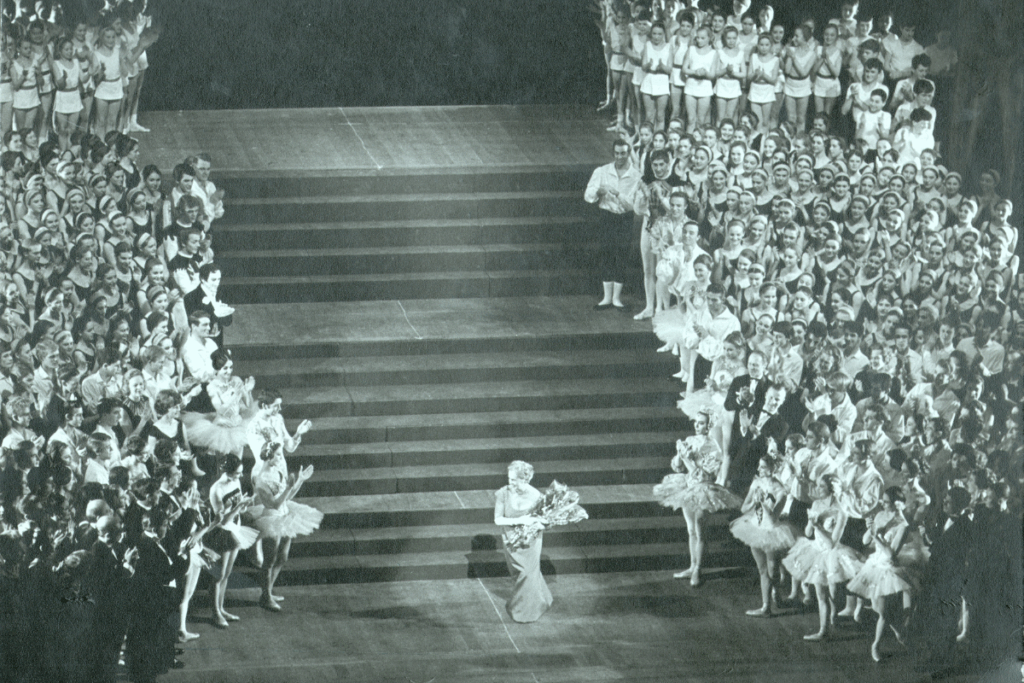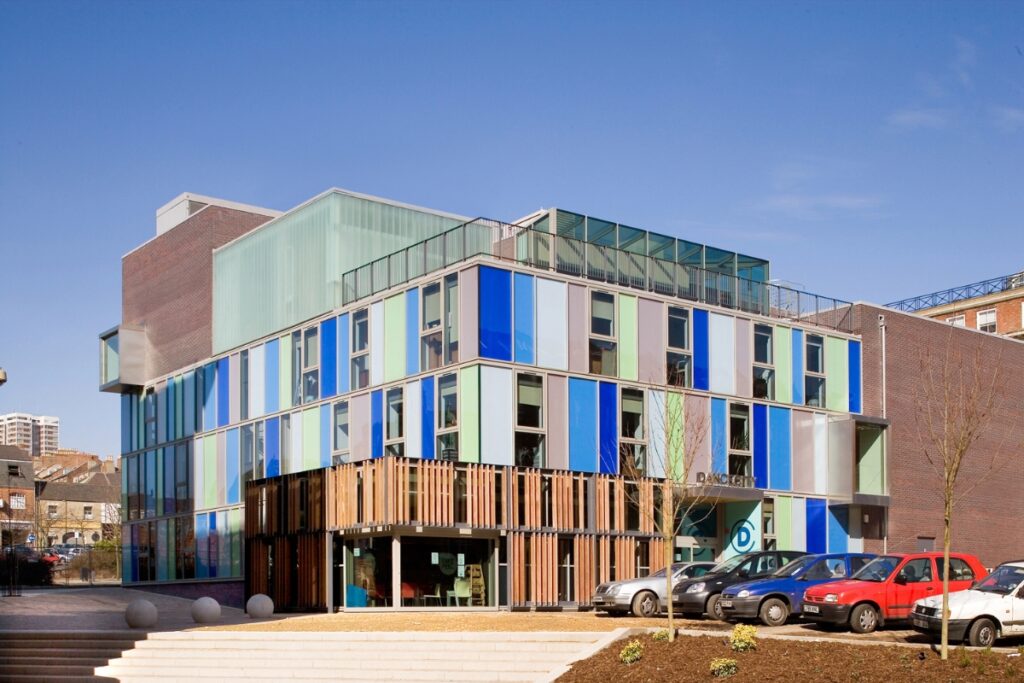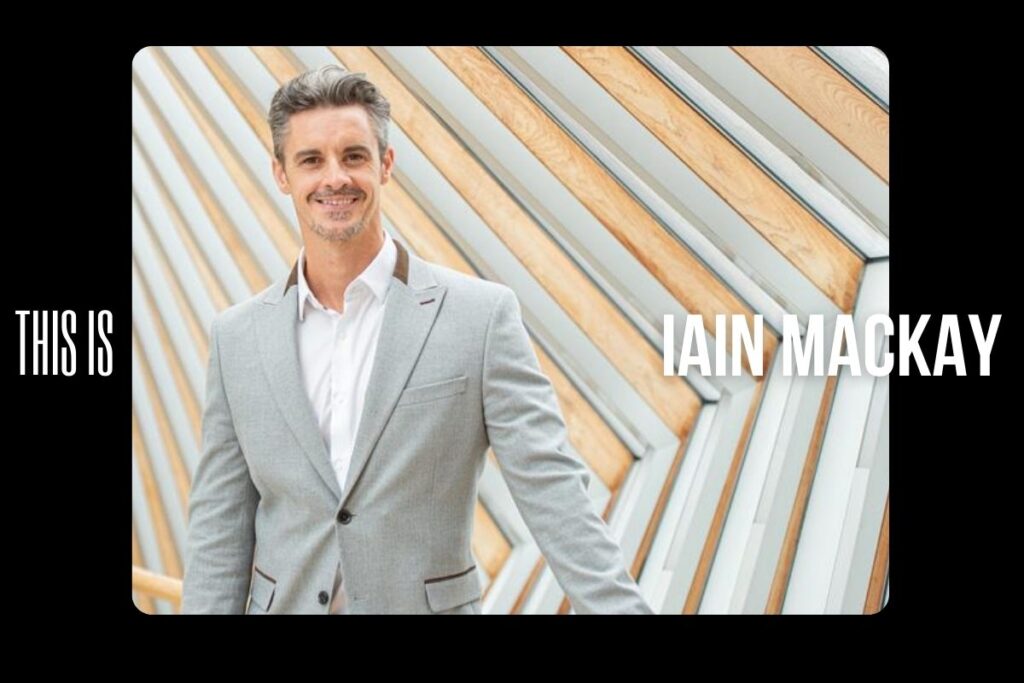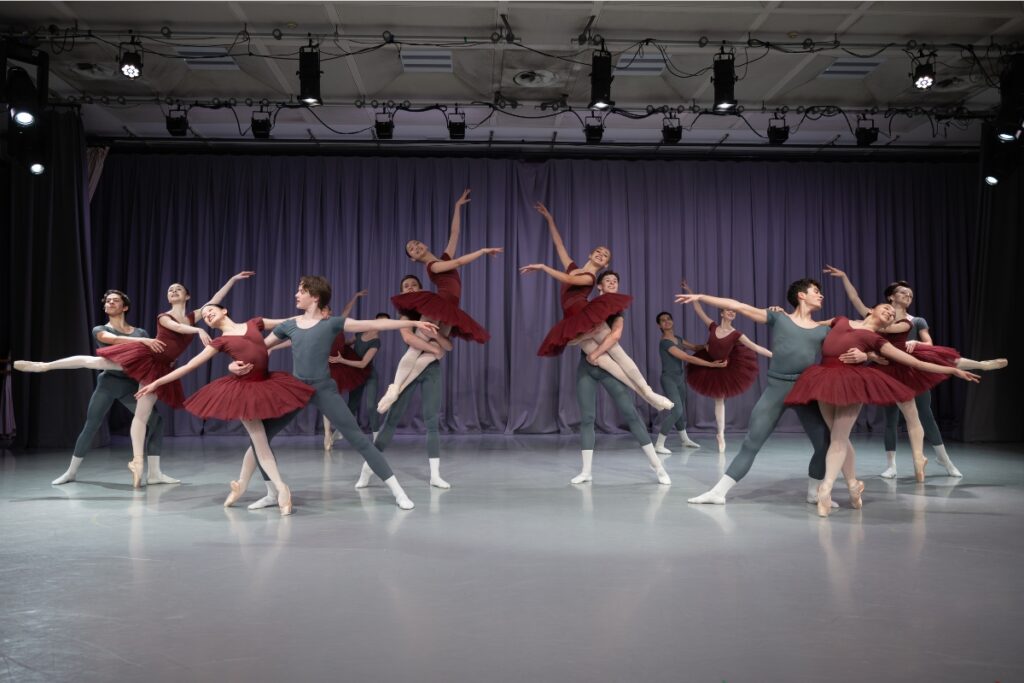Past, present, future: the School announce a series of insight events to open centenary year
We are excited to kick off our public centenary celebrations with three insight days exploring the past, present and future of the School.
Taking place across March 2026, these full-day events will explore the School’s 100-year evolution, examine current thinking and practices, and consider the living legacy of its founder, Dame Ninette de Valois, as the School looks ahead to its next century.
Hosted across the historic studios of White Lodge in Richmond and Upper School in Covent Garden, the series offers delegates a unique opportunity to step inside the School and engage directly with our artistic, educational and creative vision.
Each insight day will feature a rich programme of guest speakers, School staff presenters, live student performances, practical demonstrations and chaired panel discussions with a range of participants from the dance world, plus regular opportunities for audience questions.
Highlights include Royal Ballet School students performing a recreation of Dame Ninette de Valois’ The Arts of the Theatre and new choreography from Dr Adesola Akinleye, created especially for this centenary celebration.
Each day will open with an introduction from The Royal Ballet School’s Artistic Director, Iain Mackay and Manager of Special Collections and curator of the centenary insight events, Dr Anna Meadmore.
Attendance is available in-person for £60 per day or online for £15 per day, ensuring global access to this landmark centenary event.
Dr Anna Meadmore, Manager of Special Collections at The Royal Ballet School, said of the events:
‘I am excited that this series of centenary insight days will offer a unique opportunity to explore the evolution of The Royal Ballet School over the last 100 years, and reflect on the living legacy of our remarkable founder, Dame Ninette de Valois. True to her spirit as a woman of the theatre and a progressive thinker, I hope the series will encourage new public dialogues as we revisit the century-long arc of the School’s history, as well as looking forward to our future.’
Guest speakers and contributors include:
- Professor Susan Jones, Emeritus Professor of Modern Literature at St. Hilda’s, Oxford, and a former member of Scottish Ballet
- Dr Susan Crow, School alumna, teacher-choreographer and former member of The Royal Ballet and Birmingham Royal Ballet
- Sarah Crompton, dance and theatre critic
- Heloise Spring, theatre-writer, presenting a scripted reading of original arhival letters
- Andy Granville, Head of Degree Programme at Upper School
- Karen Berry, Head of Teacher Training at the School, along with Vanessa Donkin, Affiliate Programme Artistic Manager, and Ricardo Cervera, Upper School Ballet Teacher
- The Royal Ballet School Healthcare Team.
View full speaker information here.
Event details
Centenary insight: our past
Revisiting the founding ethos and creative ambition of de Valois’ Academy of Choreographic Art: putting principles into practice
8 March 2026, 10.00 – 17.00 GMT, White Lodge, Richmond
Centenary insight: our present
Shaping change: innovation and evolution in ballet training
15 March 2026, 10.00 – 17.00 GMT, Upper School, Covent Garden
Centenary insight: our future
Foundational and future aspirations: considering the ongoing impact of the regenerative creative ethos embedded in The Royal Ballet School
22 March 2026, 10.00 – 17.00 GMT, Upper School, Covent Garden
Bookings open Wednesday 4 February 2026. Read more about the events here.






